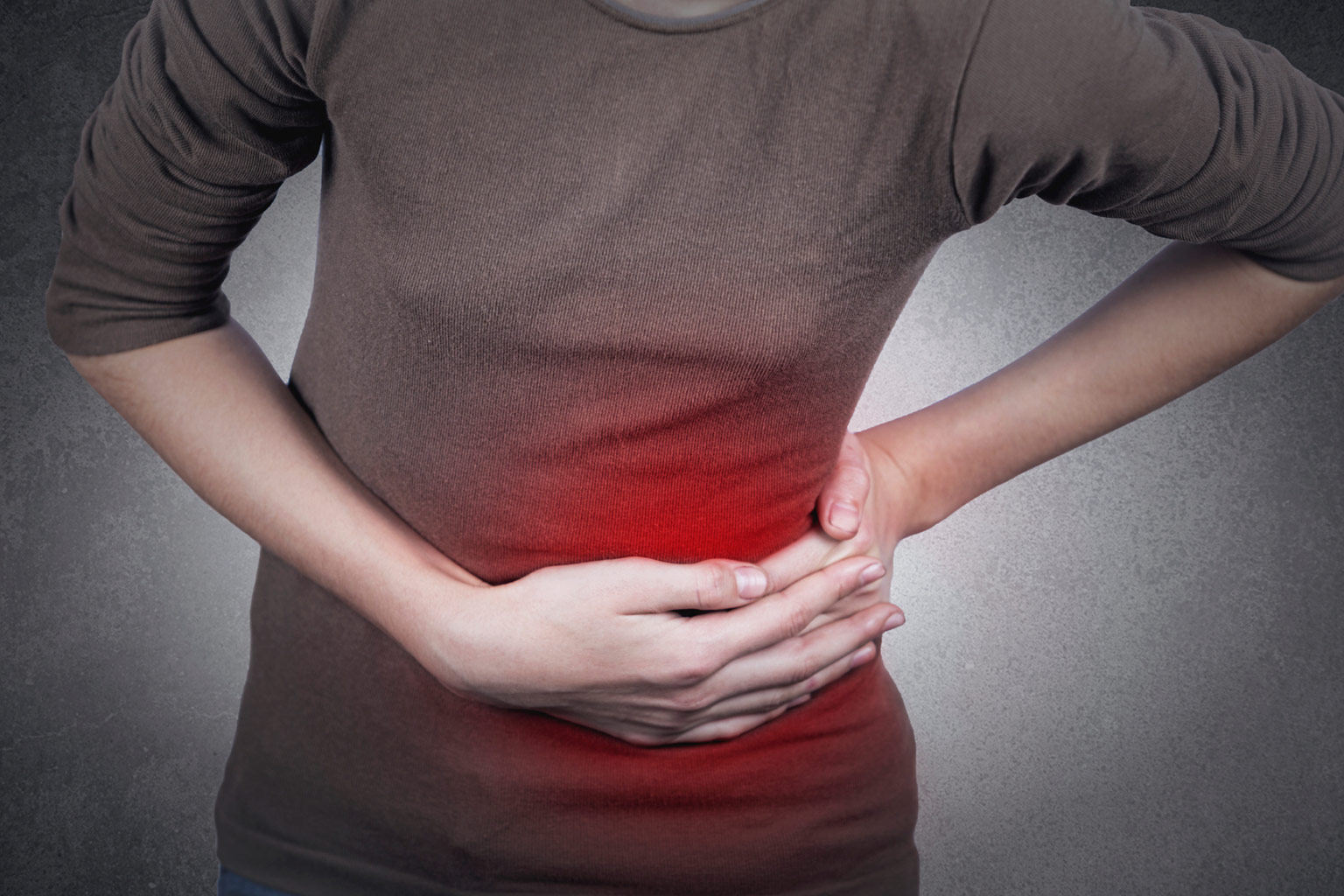Blood in Stool
Overview | Possible Causes | Care and Treatment | HOME REMEDies | When to Call the Doctor | References

Overview
Blood in the stool can be frightening, whether you discover it while wiping after a bowel movement or from a test ordered by your healthcare provider. While blood in stool can signal a serious problem, it doesn't always. Here's what you need to know about the possible causes of bloody stools and what you - and your doctor - should do if you discover a problem.
Possible Causes
Blood in stool means there is bleeding somewhere in your digestive tract. Sometimes the amount of blood is so small that it can only be detected by a fecal occult test (which checks for hidden blood in the stool). At other times it may be visible on toilet tissue or in the toilet after a bowel movement as bright red blood. Bleeding that happens higher up in the digestive tract may make stool appear black and tarry.
Possible causes of blood in stool include:
- Diverticular disease. Diverticula are small pouches that project from the colon wall. Usually diverticula don't cause problems, but sometimes they can bleed or become infected.
- Anal fissure. A small cut or tear in the tissue lining the anus similar to the cracks that occur in chapped lips or a paper cut. Fissures are often caused by passing a large, hard stool and can be painful.
- Colitis. Inflammation of the colon. Among the more common causes are infections or inflammatory bowel disease.
- Angiodysplasia. A condition in which fragile, abnormal blood vessels lead to bleeding.
- Peptic ulcers. An open sore in the lining of the stomach or duodenum, the upper end of the small intestine. Many peptic ulcers are caused by infection with a bacterium called Helicobacter pylori (H. pylori). Long-term use or high doses of anti-inflammatory drugs such as aspirin, ibuprofen, and naproxen can also cause ulcers.
- Polyps or cancer. Polyps are benign growths that can grow, bleed, and could become cancerous. Colorectal cancer is the fourth most common cancer in the U.S. It often causes bleeding that is not noticeable with the naked eye.
- Esophageal problems. Varicose veins of the esophagus or tears in the esophagus can lead to severe blood loss.
Care & Treatment
A doctor may use one of several techniques to stop acute bleeding. Often endoscopy is used to inject chemicals into the site of bleeding, treat the bleeding site with an electric current or laser, or apply a band or clip to close the bleeding vessel. If endoscopy does not control bleeding, the doctor may use angiography to inject medicine into the blood vessels to control bleeding.
Beyond stopping the immediate bleeding, if necessary, treatment involves addressing the cause of bleeding to keep it from returning. Treatment varies depending on the cause and may include medications such as antibiotics to treat H. pylori, ones to suppress acid in the stomach, or anti-inflammatory drugs to treat colitis. Surgery may be needed to remove polyps or the parts of the colon damaged by cancer, diverticulitis, or inflammatory bowel disease.
Depending on the cause, however, treatment may involve simple things you can do on your own. These including eating a high-fiber diet to relieve constipation that can cause and aggravate hemorrhoids and anal fissures, and taking a Sitz bath, which means sitting in warm water to relieve fissures and hemorrhoids.
Your doctor will prescribe or recommend treatment based on the diagnosis.
Home Remedies
If minimal rectal bleeding, such as blood-streaked toilet tissue, is the source of the problem, it may be due to hemorrhoids or a rectal fissure. Home therapy can be attempted. A physician should promptly evaluate and treat all other causes of rectal bleeding.
Self-care of rectal bleeding may include various rectal ointments and suppositories. People can buy these over-the-counter items without a prescription. If the person's symptoms do not improve within one week of treatment, or he or she is older than 40 years of age, a doctor should be seen for further evaluation.
Simple home care of rectal bleeding includes the following:
- Drink eight to 10 glasses of water per day.
- Bathe or shower daily to cleanse the skin around the anus.
- Decrease straining with bowel movements.
- Increase fiber in the diet with supplements such as Metamucil, Benefiber, or foods such as prunes.
- Avoid sitting on the toilet too long.
- Apply ice packs to the affected area to decrease pain.
- Take a sitz bath. This is a warm water bath with water just deep enough to cover the hips and buttocks, and can help relieve some symptoms of itching, pain and discomfort of hemorrhoids.
- Avoid drinking alcohol, as that contributes to dehydration, which is one cause of constipation.
When to Call the Doctor
When rectal bleeding is present with one or more of the following symptoms, call a doctor:
- Stomach pain or swelling
- Nausea or vomiting
- Bleeding continues or worsens
- Recent weight loss
- Altered bowel habits
- Severe or prolonged diarrhea
- Pencil-sized stools, involuntary seepage of stools, or inability to have a bowel movement
If any of these signs and symptoms are present, one should visit the hospital's emergency department:
- Black or maroon stools
- Large volume blood loss
- Rectal pain or trauma
- Vomiting blood or other areas of the body bleeding or bruising
- Fever
- If the patient is on blood thinners
- Dizziness, weakness, passing out, or fainting spells
- Rapid or irregular heartbeat
- Difficulty breathing
To book online consultation to meet our expert doctor click on the link below






































































































